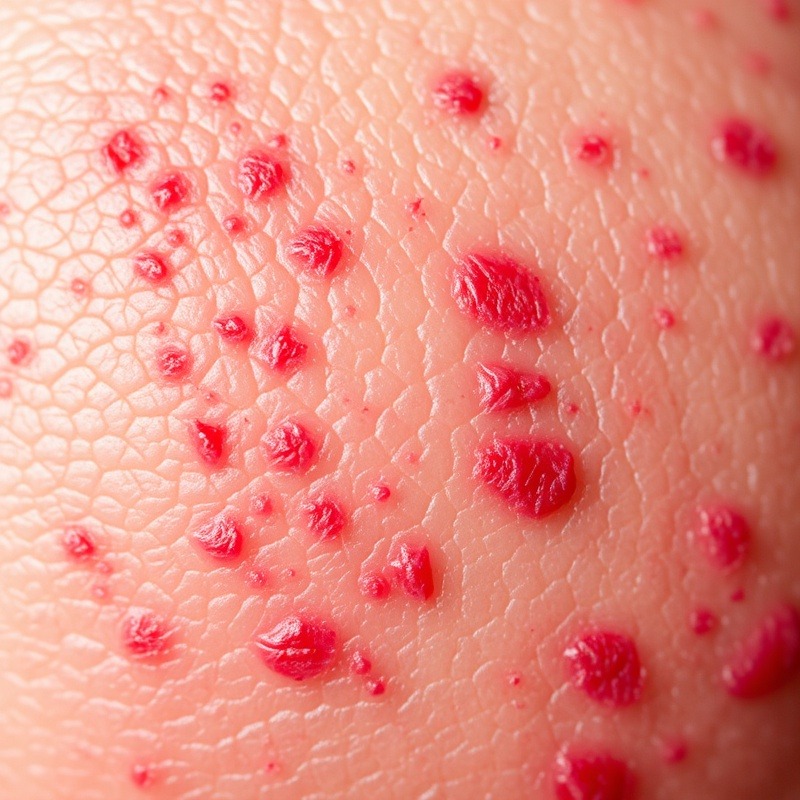
The New Era of Chronic Hand Eczema Treatment
In 2024, advancements in treating chronic hand eczema are exciting and offer new hope for many seeking relief. Chronic hand eczema (CHE), a fluctuating and persistent skin inflammation, profoundly affects the quality of life for those who endure its symptoms. Despite its prevalence, the lack of diverse FDA-approved treatments in the US poses a significant challenge. This year, dermatology experts emphasize the importance of understanding the disease's pathophysiology, to enhance management strategies and improve patient outcomes.
Future Predictions and Trends
Promising research by LEO Pharma introduces groundbreaking therapeutic solutions such as delgocitinib cream and tralokinumab, sparking optimism among healthcare providers and patients alike. These innovations are not only addressing the disease's current unmet needs but are setting a trend towards more targeted, effective treatments. The potential these treatments hold could fundamentally alter how chronic hand eczema is managed in the future, enhancing the overall well-being of those affected.
Unique Benefits of Knowing This Information
Understanding these developments is crucial for individuals grappling with CHE or caring for someone who is. These insights provide hope and clarity on the evolving landscape of eczema treatments, empowering patients to seek informed discussions with their healthcare providers. Embracing these advancements can lead to improved health outcomes and a greater quality of life, making it essential for those affected to stay informed about the latest therapeutic options.
Actionable Insights and Practical Tips
For those living with chronic hand eczema, staying updated on medical advancements and maintaining open communication with dermatologists are vital steps. Patients are encouraged to consult their doctors about new treatments like delgocitinib cream, discuss any potential side effects, and continuously explore skincare routines that complement their treatment plans. Simple yet effective lifestyle changes, including wearing protective gloves when necessary and using hypoallergenic products, can make a significant difference.
 Add Row
Add Row  Add
Add 



